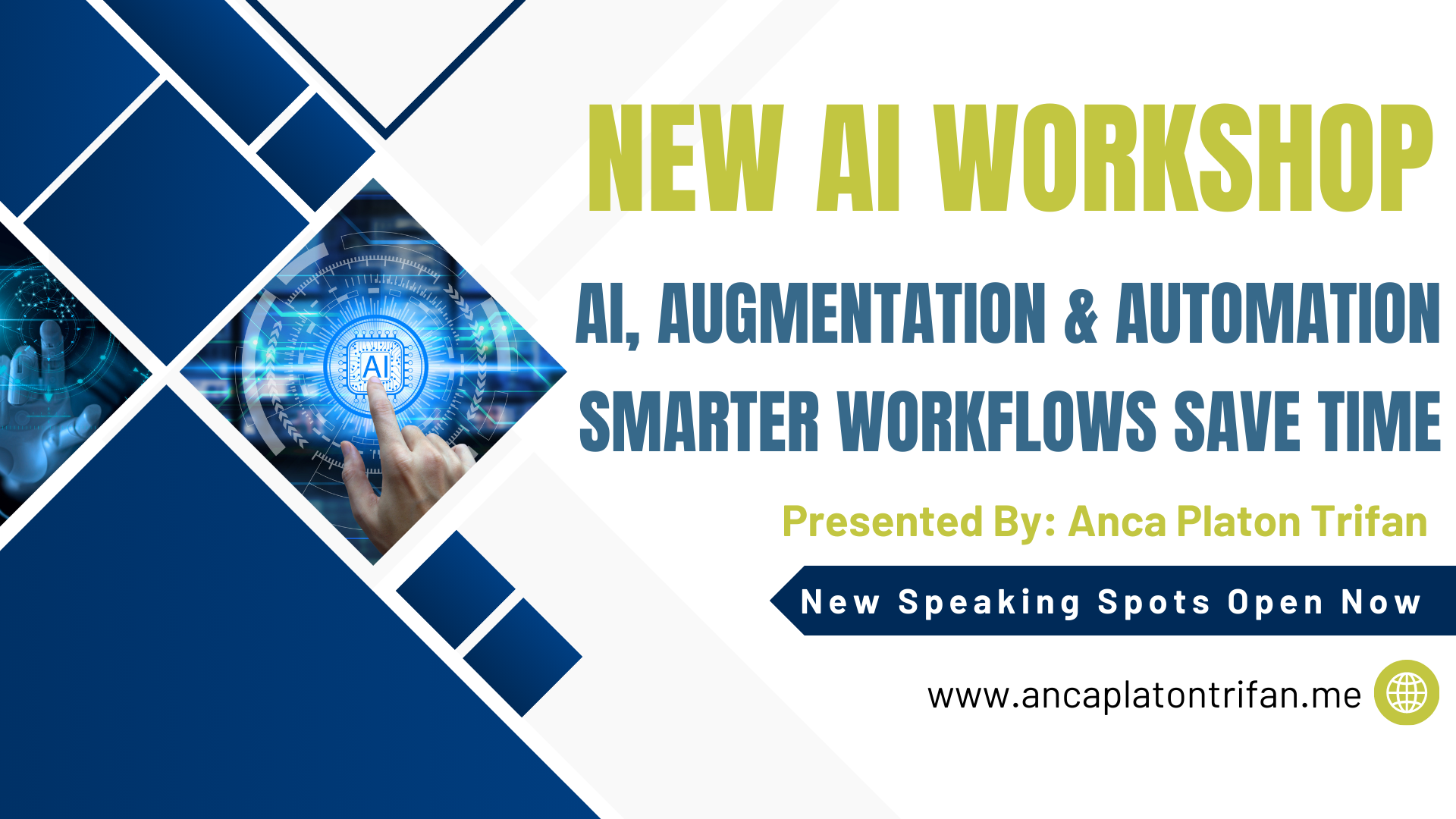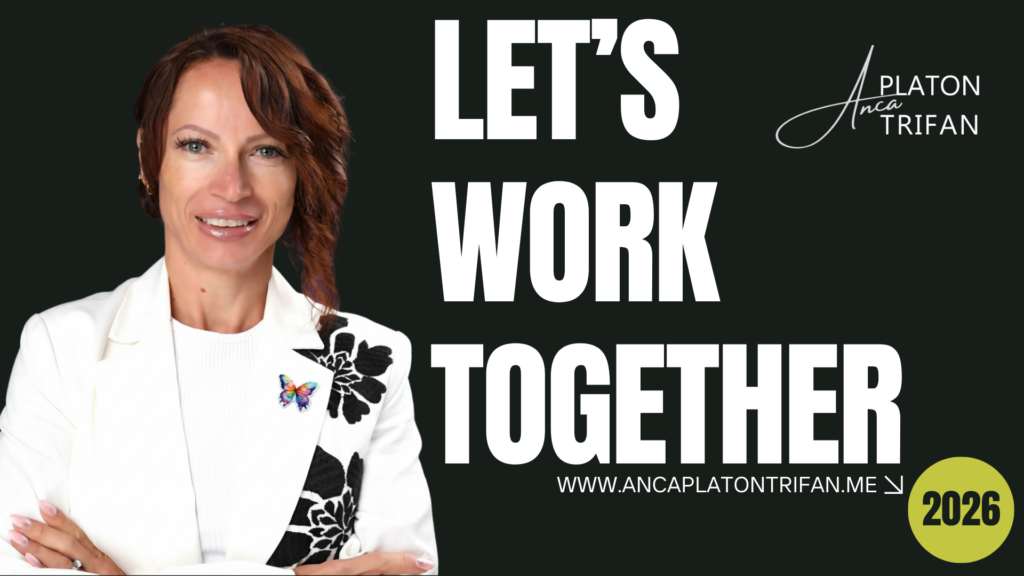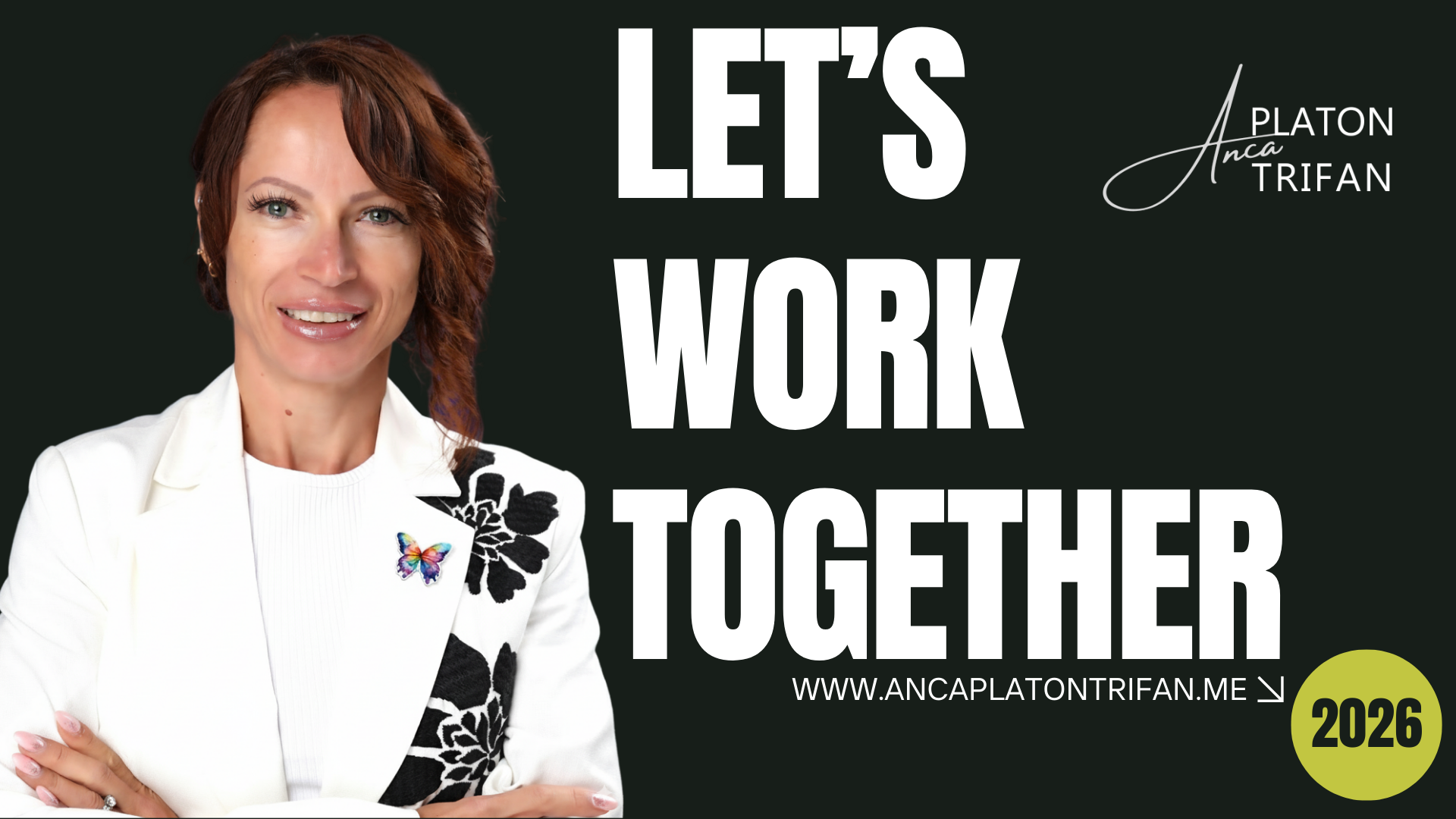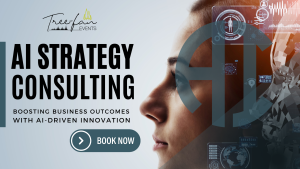Responsible AI in Event Production: Tips from the AV Frontlines
AI is changing how we plan and execute events—but not everything should be automated. In the world of event production, AI becomes a powerful ally when it is used thoughtfully, supporting human creativity and expertise rather than replacing it. After more than 20 years working at the intersection of AV production and event technology, I’ve learned the importance of balance: leveraging innovation while keeping the human touch at the heart of the experience. In my recent conversation on the Epic Events podcast with Muhammad Younas, we explored how AI is transforming event workflows and how planners and producers can adopt these tools without losing what matters most. Below, I’ve expanded on those insights with stories, strategies, and tools to help you integrate AI responsibly and elevate your AV game.AI Should Support, Not Replace
The real value of AI in events lies in giving professionals more time and space to focus on strategy, storytelling, and connection. Administrative-heavy tasks—like generating captions, repurposing video content, and responding to routine attendee questions—are ideal places to bring AI into your process. Platforms like ChatGPT, Perplexity, and Gemini can streamline communications and planning, while Synthesia and HeyGen allow you to produce professional video content without constantly going back into a studio. For content repurposing, I’ve personally leaned on Opus AI and Descript AI, which can take long recordings from your sessions and automatically pull out the best clips for sharing—saving hours of manual editing time. This is where AI shines: in support roles that allow your team to be more human, more available, and more focused on the elements of an event that actually move the needle.Upgrading Your AV Stack with Smart AI Tools
AV shouldn’t be treated as just another checkbox on your event checklist. It’s a strategic layer that shapes how your content is delivered, perceived, and remembered. AI has made its way into some of the top tools we use daily. Adobe Premiere Pro, Final Cut Pro, and DaVinci Resolve now include features like auto-reframing for different aspect ratios, scene detection to speed up edits, and smart voice isolation for cleaner audio. Sound quality matters just as much as visuals. iZotope RX is an AI-powered audio editing tool that helps isolate dialogue from background noise, rebalance music, and even repair corrupted audio files. This kind of tech is essential in hybrid or live-streamed environments, where production mistakes are more visible—and less forgiving. When you combine these AI tools with a strong AV strategy, you’re not just creating efficiencies. You’re elevating the entire experience.Reinventing Live Streaming with NDI and vMix
AI is also reshaping the way we think about live video production. Tools like vMix have integrated AI-based enhancements for live switching, color correction, and real-time overlays. Combine that with NDI (Network Device Interface) technology, which allows high-quality video signals to be transmitted over standard IP networks, and you have a much more flexible and scalable setup. This is especially useful in large-scale, multi-room productions, or in hybrid events where remote presenters need to be seamlessly integrated into the on-site show flow. When done right, it reduces friction, lowers equipment needs, and improves broadcast quality for virtual and in-person audiences alike.Budgeting Smart for AV
Let’s be honest: AV is often the first place planners are tempted to cut. But cutting corners on AV rarely ends well. If anything, smart investment in AV often prevents the most costly mistakes. As a general rule, I recommend allocating:- 10–15% of your budget for small events
- 20–30% for hybrid or virtual experiences
- 25–40% for large-scale, high-production conferences
Building the Right AV Crew
Even the best tech is only as good as the people running it. A capable, well-rounded AV crew should include:- A Technical Director to oversee the entire operation
- A Production Liaison to bridge communication between event producers and tech teams
- A Show Caller to execute transitions and keep timing tight
- Audio Engineers (A1 and A2) to manage all sound needs
- Video Engineers (V1 and V2) to control live cameras, switching, and playback
- A Lighting Designer to bring the stage to life
Designing for Inclusion with Real-Time Accessibility
Accessibility has moved from being a “nice-to-have” to an absolute must. Tools like Otter.ai, Read AI, and Rev AI can provide real-time captioning and language translation, expanding the reach and inclusivity of your event. When attendees feel seen and supported—whether in person or online—they’re more likely to stay engaged and return.Tech Alone Isn’t Enough—Human Touch Still Matters
Even with the most advanced AI and AV tools at your disposal, nothing replaces the power of human connection. From the warmth of an in-person interaction to the magic of a well-timed lighting cue, your attendees will remember how the event made them feel—not how smart your tech was. The goal isn’t to use more tech—it’s to use the right tech. One that supports the kind of event experience that fosters community, connection, and impact.A Word on Wellness in Production Teams
Event production is intense—mentally, physically, and emotionally. That’s why I started the #Fit4Events framework: to bring attention to the well-being of those behind the scenes. We talk a lot about attendee experience, but what about the crew’s experience? Small changes like providing nutritious meals, carving out time for movement breaks, or designing quiet spaces backstage can make a huge difference. A healthy crew is a productive, engaged, and resilient one.Elevating Women in AV and Tech
I’ve been the only woman on too many AV crews to count. It’s getting better, but there’s still work to do. Supporting women in tech starts with visibility, mentorship, and access. Let’s bring more women into technical roles—and make space for them to lead. We all benefit when the people behind the scenes reflect the diversity of the people we’re serving.
We all benefit when the people behind the scenes reflect the diversity of the people we’re serving.






